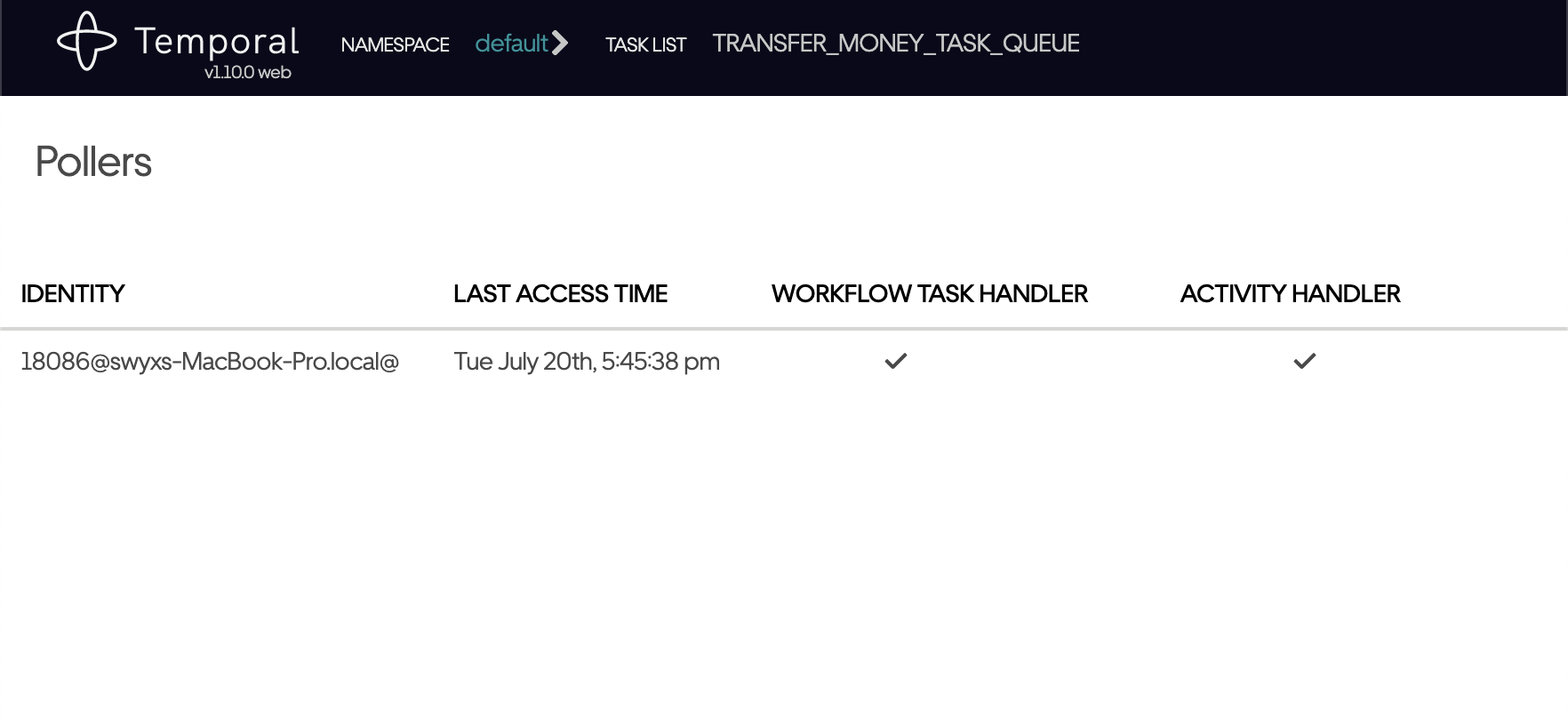Hero
Hero is a handy, fast and powerful go template engine, which pre-compiles the html templates to go code. It has been used in production environment in bthub.io.
Features
- High performance.
- Easy to use.
- Powerful. template
ExtendandIncludesupported. - Auto compiling when files change.
Performance
Hero is the fastest and least-memory used among currently known template engines in the benchmark. The data of chart comes from https://github.com/SlinSo/goTemplateBenchmark. You can find more details and benchmarks from that project.
Install
go get github.com/shiyanhui/hero/hero
# Hero needs `goimports` to format the generated codes.
go get golang.org/x/tools/cmd/goimports
Usage
hero [options]
-source string
the html template file or dir (default "./")
-dest string
generated golang files dir, it will be the same with source if not set
-extensions string
source file extensions, comma splitted if many (default ".html")
-pkgname template
the generated template package name, default is template (default "template")
-watch
whether automatically compile when the source files change
example:
hero -source="./"
hero -source="$GOPATH/src/app/template" -dest="./" -extensions=".html,.htm" -pkgname="t" -watch
Quick Start
Assume that we are going to render a user list userlist.html. index.html is the layout, and user.html is an item in the list.
And assumes that they are all under $GOPATH/src/app/template
index.html
<!DOCTYPE html>
<html>
<head>
<meta charset="utf-8">
</head>
<body>
<%@ body { %>
<% } %>
</body>
</html>
userlist.html
<%: func UserList(userList []string, buffer *bytes.Buffer) %>
<%~ "index.html" %>
<%@ body { %>
<% for _, user := range userList { %>
<ul>
<%+ "user.html" %>
</ul>
<% } %>
<% } %>
user.html
<li>
<%= user %>
</li>
Then we compile the templates to go code.
hero -source="$GOPATH/src/app/template"
We will get three new .go files under $GOPATH/src/app/template, i.e. index.html.go, user.html.go and userlist.html.go.
Then we write a http server in $GOPATH/src/app/main.go.
main.go
package main
import (
"bytes"
"net/http"
"app/template"
)
func main() {
http.HandleFunc("/users", func(w http.ResponseWriter, req *http.Request) {
var userList = []string {
"Alice",
"Bob",
"Tom",
}
// Had better use buffer pool. Hero exports `GetBuffer` and `PutBuffer` for this.
//
// For convenience, hero also supports `io.Writer`. For example, you can also define
// the function to `func UserList(userList []string, w io.Writer) (int, error)`,
// and then:
//
// template.UserList(userList, w)
//
buffer := new(bytes.Buffer)
template.UserList(userList, buffer)
w.Write(buffer.Bytes())
})
http.ListenAndServe(":8080", nil)
}
At last, start the server and visit http://localhost:8080/users in your browser, we will get what we want!
Template syntax
There are only nine necessary kinds of statements, which are:
-
Function Definition
<%: func define %>- Function definition statement defines the function which represents an html file.
- The type of the last parameter in the function defined should be
*bytes.Bufferfor manual buffer management orio.Writerfor automatic buffer management ( note: if usingio.Writeryou may optionally specify return values(int, error)to handle the result ofio.Writer.Write). Hero will identify the parameter name automaticly. - Example:
<%: func UserList(userList []string, buffer *bytes.Buffer) %><%: func UserList(userList []string, w io.Writer) %><%: func UserList(userList []string, w io.Writer) (int, error) %>
-
Extend
<%~ "parent template" %>- Extend statement states the parent template the current template extends.
- The parent template should be quoted with
"". - Example:
<%~ "index.html" >, which we have mentioned in quick start, too.
-
Include
<%+ "sub template" %>- Include statement includes a sub-template to the current template. It works like
#includeinC++. - The sub-template should be quoted with
"". - Example:
<%+ "user.html" >, which we also have mentioned in quick start.
- Include statement includes a sub-template to the current template. It works like
-
Import
<%! go code %>-
Import statement imports the packages used in the defined function, and it also contains everything that is outside of the defined function.
-
Import statement will NOT be inherited by child template.
-
Example:
<%! import ( "fmt" "strings" ) var a int const b = "hello, world" func Add(a, b int) int { return a + b } type S struct { Name string } func (s S) String() string { return s.Name } %>
-
-
Block
<%@ blockName { %> <% } %>-
Block statement represents a block. Child template overwrites blocks to extend parent template.
-
Example:
<!DOCTYPE html> <html> <head> <meta charset="utf-8"> </head> <body> <%@ body { %> <% } %> </body> </html>
-
-
Code
<% go code %>-
Code statement states all code inside the defined function. It's just go code.
-
Example:
<% for _, user := range userList { %> <% if user != "Alice" { %> <%= user %> <% } %> <% } %> <% a, b := 1, 2 c := Add(a, b) %>
-
-
Raw Value
<%==[t] variable %>-
Raw Value statement will convert the variable to string.
-
tis the type of variable, hero will find suitable converting method byt. Candidates oftare:b: booli: int, int8, int16, int32, int64u: byte, uint, uint8, uint16, uint32, uint64f: float32, float64s: stringbs: []bytev: interface
Note:
- If
tis not set, the value oftiss. - Had better not use
v, cause whent=v, the converting method isfmt.Sprintf("%v", variable)and it is very slow.
-
Example:
<%== "hello" %> <%==i 34 %> <%==u Add(a, b) %> <%==s user.Name %>
-
-
Escaped Value
<%=[t] variable %>-
Escaped Value statement is similar with Raw Value statement, but after converting, it will be escaped it with
html.EscapesString. -
tis the same as inRaw Value Statement. -
Example:
<%= a %> <%=i a + b %> <%=u Add(a, b) %> <%=bs []byte{1, 2} %>
-
-
Note
<%# note %>- Note statement add notes to the template.
- It will not be added to the generated go source.
- Example:
<# this is just a note example>.
License
Hero is licensed under the Apache License.



